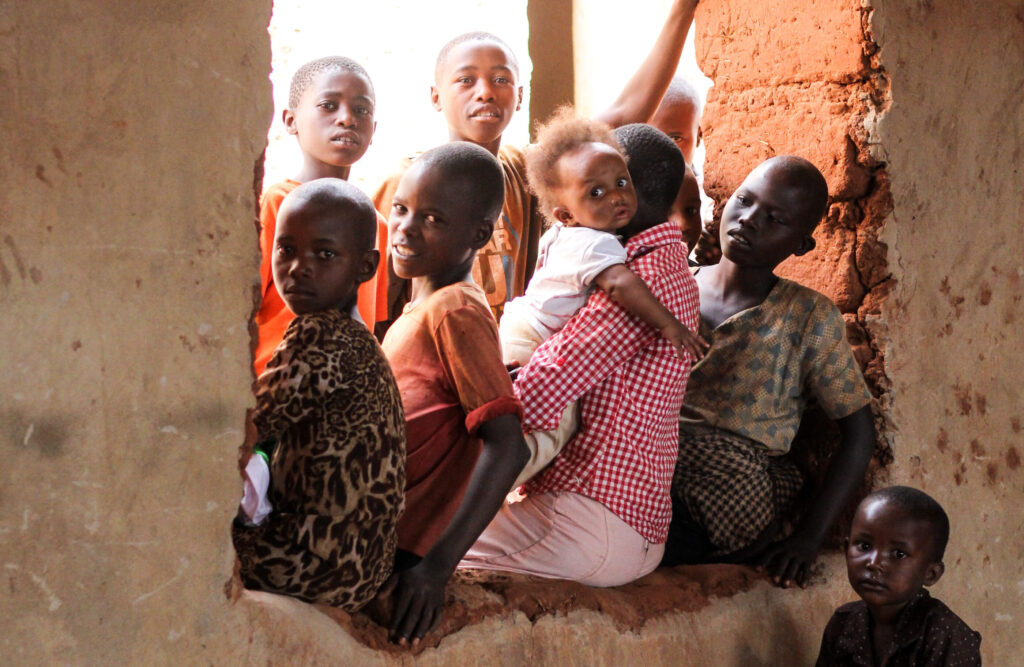Overview
Rwanda hit the Australian news in devastating fashion in 1994 as people became aware of a genocide committed by one Rwandan people group against another. During the genocide against the Tutsi, it is estimated that 800,00 to one million Tutsis and moderate Hutus were massacred. While it is close to 30 years ago, the memories and scars of that period are still very close to the surface.
African Enterprise Rwanda report emerging wounds, lingering trauma and current crises are exposing the fragile state of individual and community relations, threatening to undo the gains of the past 26 years. They believe this fragility can be linked to a declining commitment to Christian faith and resultant decline in moral and ethical foundations.
The Need
Rwanda is a densely populated, land-locked country, with a population of 12 million, in east-central Africa. Its neighbours are Uganda, the United Republic of Tanzania, Burundi and the Democratic Republic of the Congo. Despite dramatic progress in reducing poverty and lifting living standards in the almost 30 years since the genocide, it still ranks 157 out of 189 countries according to the Human Development Index.
Government commitment to free education has lifted literacy levels, but 13% of young people below 24 are still described as having insufficient knowledge and skills for critical thinking and meaningful participation in their own development later in life.
Children born during the genocide are now adults. Many are confused by the differing narratives around the massacres and reconciliation processes. Adding to the complexities, former prisoners, jailed for their involvement in the genocide, are now being released back into the community. This is creating fuel to an already highly charged environment. Many of the affected people and communities on either side struggle with revived feelings of pain, vengeance and retribution. Social cohesion is elusive, and while the task ahead is significant, this project will promote healing and reconciliation based on biblical principles.











